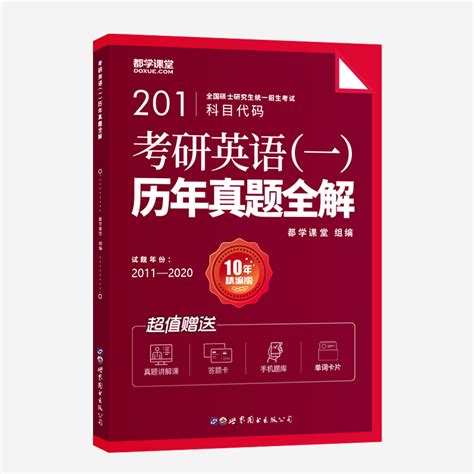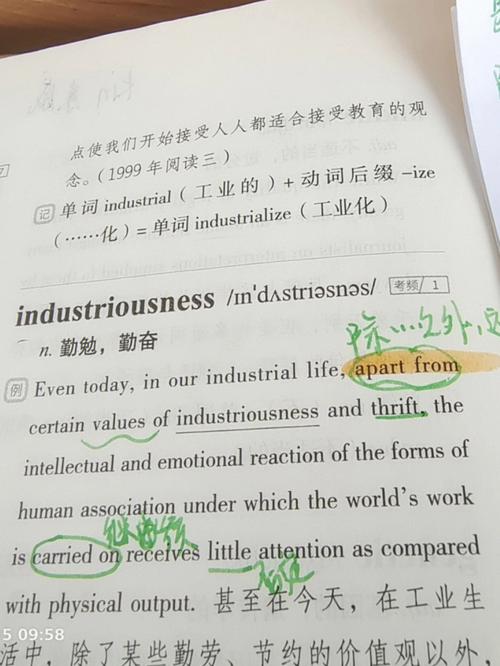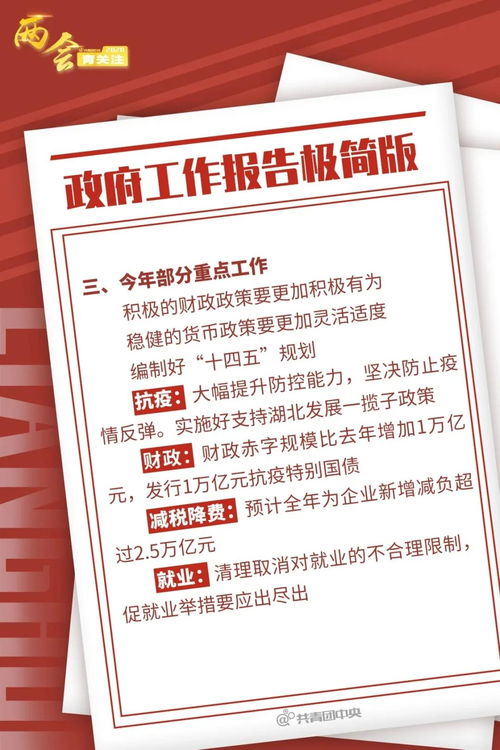国际政治专业英语资料
Studying international politics is a rewarding field, but it can be quite challenging, especially when preparing for postgraduate entrance exams where English proficiency is required. Here are some key points to consider when tackling questions related to international politics in English during your exams:
1. Stay Updated with Current Affairs
International politics is constantly evolving, so it's crucial to stay informed about current events and global issues. Follow reputable news sources, read analytical articles, and engage in discussions to broaden your understanding of global dynamics. This will not only help you answer exam questions effectively but also prepare you for future studies and career in international politics.
2. Understand Key Concepts and Theories
International politics is underpinned by various concepts and theories that shape how countries interact on the global stage. Make sure to have a solid grasp of concepts such as realism, liberalism, constructivism, as well as theories related to international relations like the balance of power, collective security, and soft power. Being able to apply these theories to realworld scenarios will showcase your analytical skills during exams.
3. Practice Essay Writing
Essay questions are common in international politics exams, requiring you to express your ideas coherently and concisely. Practice writing essays on diverse topics, structuring your arguments logically and providing relevant examples to support your points. Pay attention to your language use, adhere to academic writing conventions, and make sure your arguments are wellsupported and backed by evidence.

4. Familiarize Yourself with Diplomatic Language
International politics often involves diplomatic language and terminology that may be specific to the field. Familiarize yourself with terms related to treaties, negotiations, international organizations, and diplomatic protocols. This will not only help you understand exam questions better but also enable you to communicate effectively in the field of international relations.
5. Seek Guidance and Feedback
Don't hesitate to seek guidance from professors, fellow students, or tutors who can provide valuable insights and feedback on your preparation. Engage in study groups or discussion forums to exchange ideas, debate various viewpoints, and enhance your understanding of complex international issues. Constructive feedback can help you improve your critical thinking and writing skills before the exam.
By following these tips and dedicating sufficient time to study and practice, you can boost your confidence and readiness to tackle international politics questions in English during your postgraduate entrance exams. Remember to stay focused, stay motivated, and believe in your abilities to succeed!












评论